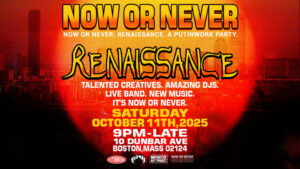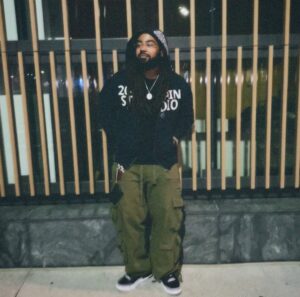On the latest episode of the Bad For The Community podcast, the crew tackled a viral clip of rising rapper BabyChiefDoIt admitting that he used ChatGPT to help write some of his lyrics. The conversation quickly shifted into a broader debate about authenticity, creativity, and the future of hip-hop in the age of artificial intelligence.
The young rapper, who’s already gained traction with tracks reminiscent of Chicago’s Chance the Rapper, revealed in an interview that he experimented with AI by feeding ChatGPT a few of his own bars and asking it to build out a song. While he didn’t rely on it exclusively, he acknowledged that the process intrigued him and might be something he revisits.
For the podcast hosts, the news raised questions about whether AI compromises the authenticity that’s long been a cornerstone of rap. Some felt that younger listeners won’t care if artists lean on technology, while others argued that normalizing AI-assisted writing could dilute the culture. Comparisons were made to past moments in rap when fans overlooked questions of authenticity, from Lil Tecca’s early admissions about fabricating lyrics to the way listeners ignore contradictions in artists’ storytelling.
The crew drew parallels to wrestling personas and luchadors who stay in character to preserve their craft. They argued that once authenticity is dismissed, the art form risks losing its foundation. At the same time, others admitted that good music often outweighs concerns about how it’s made, creating tension between the value of honesty and the draw of entertainment.
The discussion also touched on how younger audiences consume music differently, sometimes caring more about vibes than lyrical substance. While some hosts criticized BabyChiefDoIt as “uninformed” about AI’s potential, they acknowledged he’s at least experimenting with new tools to advance his career, unlike others in his generation who focus more on fleeting internet trends.
The episode closed with recognition that AI in music is here to stay, but the culture now faces a defining choice: accept the shift as just another evolution, or draw the line to protect what many still see as hip-hop’s most important pillar, authenticity.












